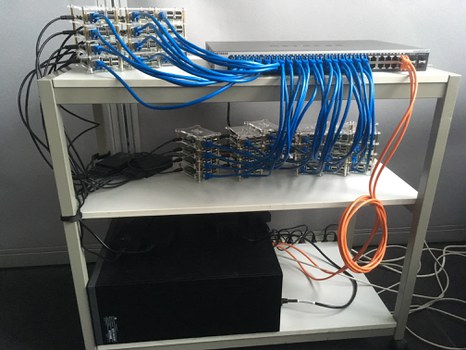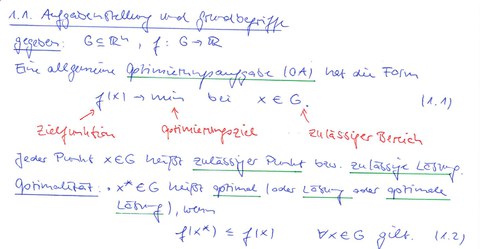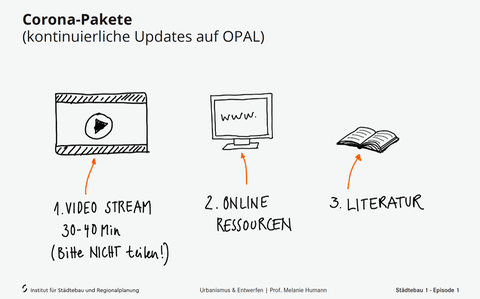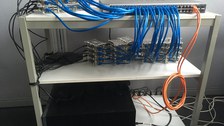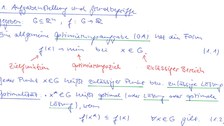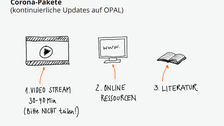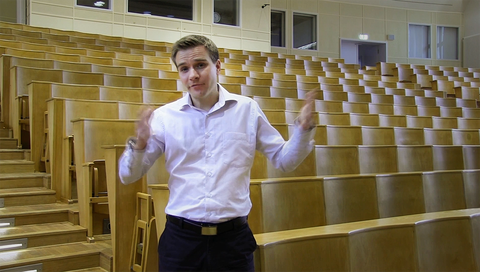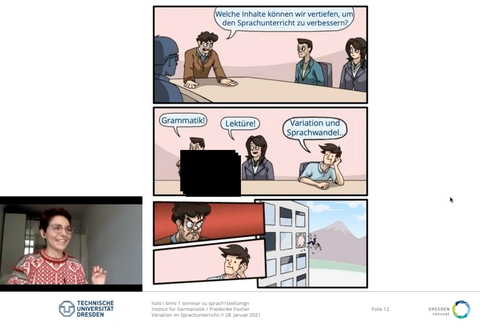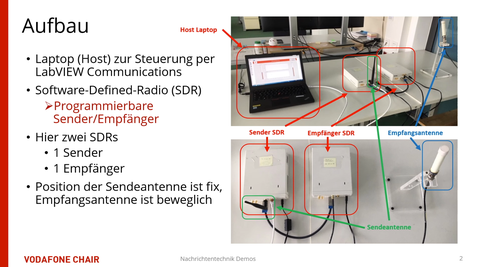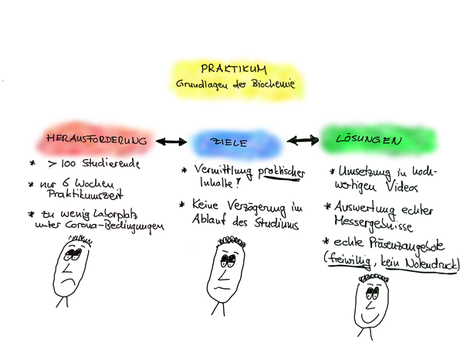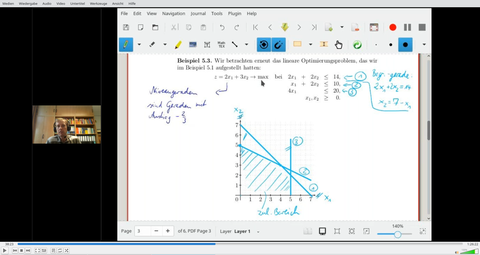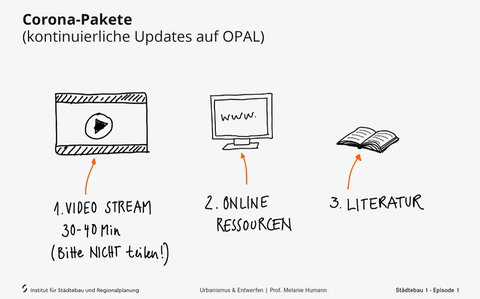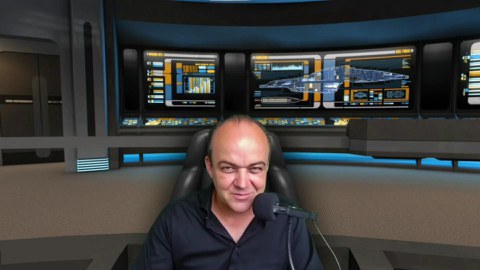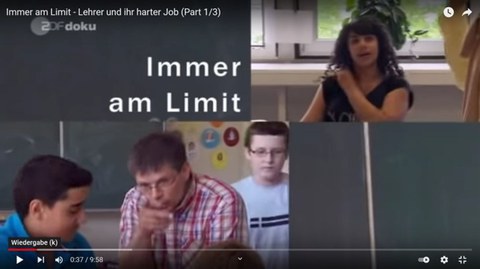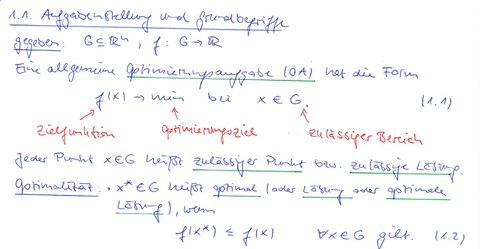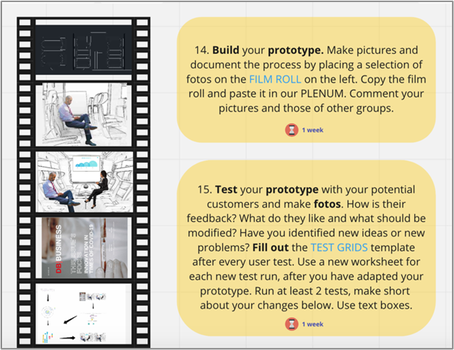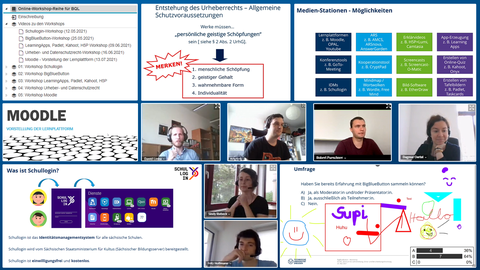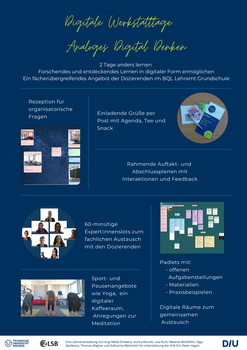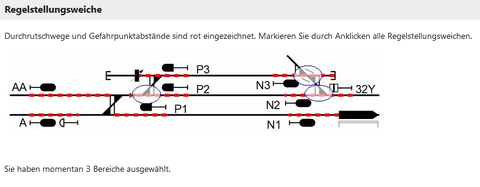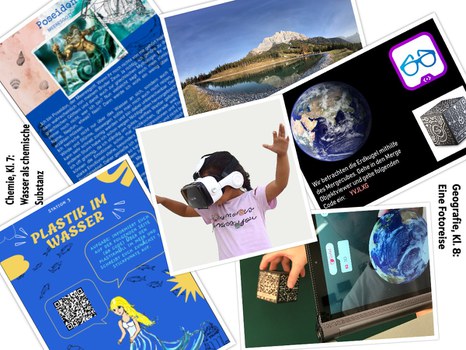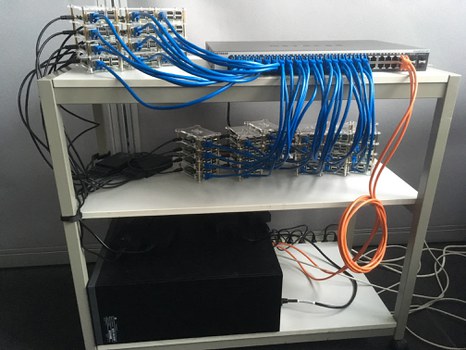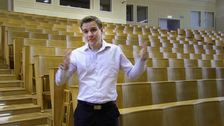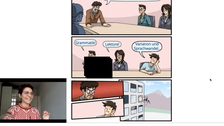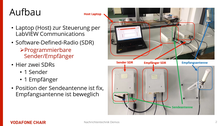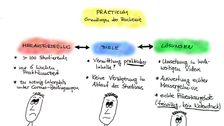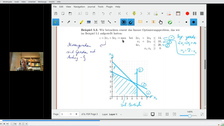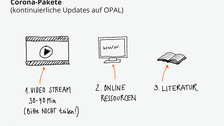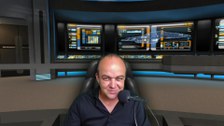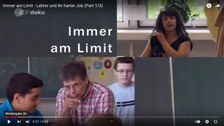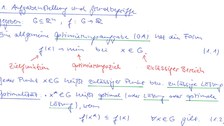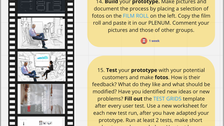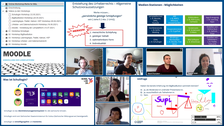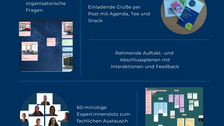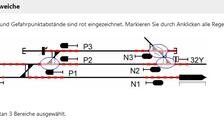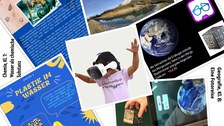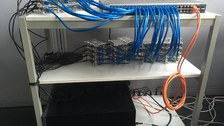E-Learning Gems Gallery 2021
We are very proud to present the gems of e-learning developed at TUD during the 2020/21 winter semester and 2021 summer semester. How did we discover these gems? Students and teaching staff were asked to nominate e-learning content and approaches that they felt could be considered “gems.”
Subsequently, all members of TUD were called upon to vote for what they considered to be the top gem. We were then able to select the following three winners and award them prize money of €2,000 each.
We hope you enjoy perusing the gem gallery – perhaps you will find ideas or inspiration for your teaching.
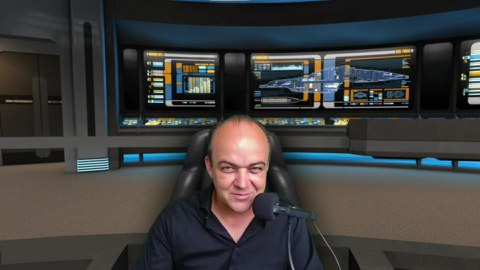
Moderating from the bridge: Prof. Dr. Alexander Lasch (#AL1)
Teaching staff
Prof. Dr. Alexander Lasch
Format
- Video tutorial for customizing dynamic backgrounds for video conferencing
- Low-threshold professionalization of a central element of online teaching
Keywords
Video conference
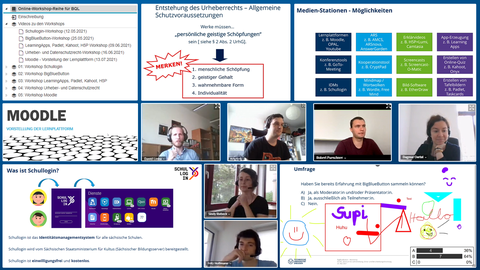
“Online Workshop Series for BQL” on selected digitalization topics for students studying to become teachers and lateral entrants: Dagmar Oertel & Malte Krone (#DO1)
Teaching staff
Dagmar Oertel & Malte Krone
Format
- The digital workshop series was closely aligned with the needs of the participants. In the run-up to the event, students studying to become teachers and lateral entrants were able to vote on their preferred topics. Ultimately, the workshop series consisted of the topics Schullogin (school login), digital tools for use in school, copyright and data protection law, and Moodle.
- The main topics were held by lecturers as well as specialist employees of TU Dresden. The organization and moderation was done by the BQL.Digital team.
- Flexible training and follow-up:
All workshops could be visited online in the afternoon hours and are also saved for posterity as video recordings plus slides in a protected area in OPAL. For access, write a short email to
Keywords
Digital media in schools, teacher training, lateral entry into teaching, digitalization
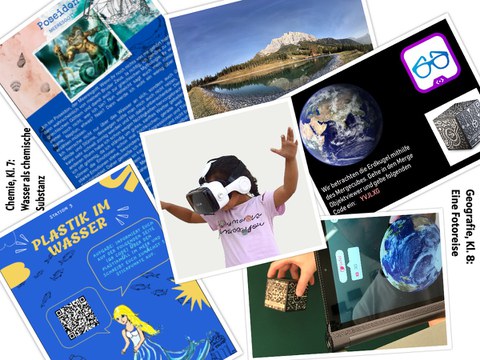
Escape from your classroom! Digitally inclusive teaching and learning: Dr. Frank Beier, Tina Czaja (#FB1)
Teaching staff
Dr. Frank Beier
Tina Czaja
Format
In the project seminar “Escape from your classroom! Digitally inclusive teaching and learning”, offered for the first time during the 2021 summer semester, students worked independently with open educational resources asynchronously on the topics of inclusion and digitalization in blended learning, followed by a synchronous phase in which the students themselves designed digitally inclusive teaching projects. As a result of the seminar evaluation by the students, the approach was revised and the seminar was held again in the winter semester 2021/2022.
Keywords
Inclusion, digitalization, linking, teacher training, differentiation, blended learning, open educational resources
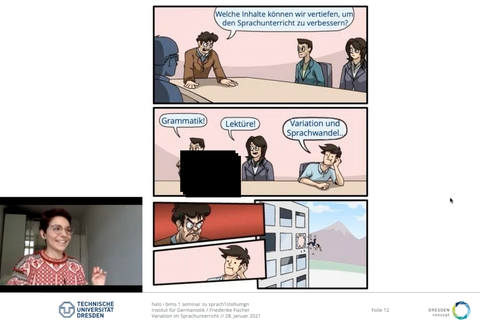
“helo i bims 1 seminar zu sprach1stellumgn”: Friederike Fischer, M.A. (#FF1)
Teaching staff
Friederike Fischer
Format
Seminar with synchronous and asynchronous elements. The learning content was developed both independently and collaboratively through group presentations, accompanying reading assignments, seminar discussions, and a guest lecture.
Keywords
Linguistics, linguistic variation, attitudes about language, group projects
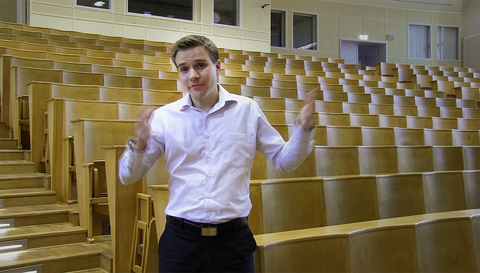
Foundations of electrical engineering: Dr. Jens Müller, Dr. Andreas Mögel, Steffen Ließ, Christoph Laabs and training supervisors (#JM1)
Teaching staff
Dr. Jens Müller, Dr. Andreas Mögel, Steffen Ließ, Christoph Laabs and training supervisor
Format
- Asynchronous lecture via lecture videos
- Synchronous exercises (e.g., via Zoom, BBB,...)
- Zoom consultations
- Exchange via forum in OPAL
- Online final examination in multiple-choice format
Teaching staff
Dr. Jens Müller, Dr. Andreas Mögel, Steffen Ließ, Christoph Laabs and training supervisor
Format
1. General:
- Elective compulsory course for different courses of study (mathematics, secondary school teaching, computer science) consisting of lectures, practicals and homework assignments
- Organization through OPAL course for timely and reliable provision of all important information and materials for the lecture and practical, including discussion forum for subject-related interaction with quick response times and detailed assistance.
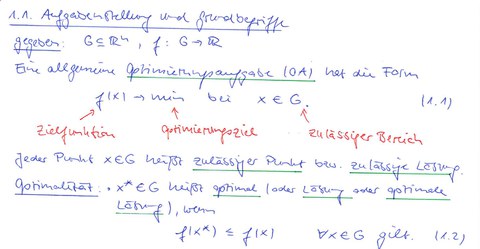
Optimization – fundamental concepts: Dr. John Martinovic (#JM2)
2. Lecture:
- Asynchronous event
- Fully formulated digitized lecture notes
- Presentation and explanation of content using handwritten, blackboard-style notes in a total of 30 learning videos, each 15–25 minutes in length
- Clear fact sheets on the key lecture content in easily accessible “low-math” language
Simplex_procedure.pdf
3. Practical:
- Practical both on site (as long as this was possible) and online
- Provision of the practical exercises on an interactive website with assistance, intermediate or final results for comparison and step-by-step accompaniment of one’s own progress
https://optinum_ws2021.surge.sh/u3.html
https://optinum_ws2021.surge.sh/u4.html
- Detailed electronic sample solutions for each task
- Additional explanatory videos for solving the two to three most important or most difficult tasks of each sheet
4. Assignments:
- (Obligatory or voluntary, depending on the degree program) Completion of
smaller homework assignments in groups of two in order to establish and promote a professional exchange with other course members despite the online semester
- Prompt return of corrected submissions
Keywords
Mathematical optimization, elective, asynchronous course
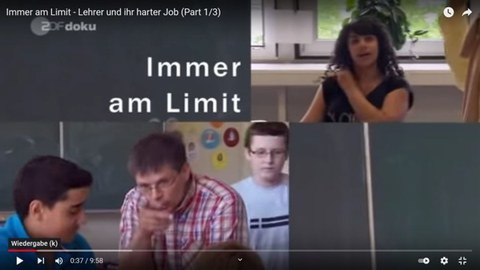
Teacher-student interaction – psychology for everyday school life: Dipl. Psych. Lydia Reuter (#LR1)
Teaching staff
Dipl. Psych. Lydia Reuter
Format
- Seminar, asynchronous & synchronous
- Flipped classroom
- Exchange and teaching materials via OPAL course
- Application tasks, small group work & discussion via Zoom
- Creative education methods via e-learning tools
Keywords
Applied psychology, communication & interaction, digital education, students studying to become teachers
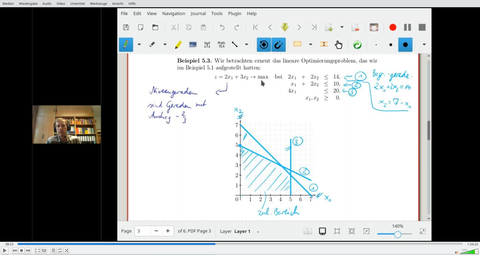
Numerical mathematics for students enrolled in teacher training degree programs: Dr. Markus Herrich #(MH1)
Teaching staff
Dr. Markus Herrich
Format
- OPAL course as a basis for all information and provided documents
- Synchronous online lectures with recordings provided asynchronously
- ONYX self-tests with automatic correction and detailed feedback
- Exercises online synchronously in two exercise groups
- Matrix chat room for clarification of questions also outside of course hours
Keywords
Numerical mathematics, students enrolled in teacher training degree programs
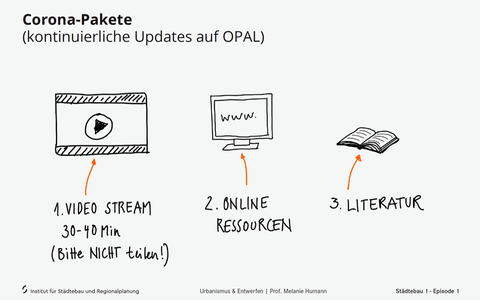
Lecture series Urban Planning I: Prof. Dipl.-Ing. Melanie Humann (#MH2)
Teaching staff
Prof. Dipl.-Ing. Melanie Humann
Format
As a substitute for the in-person course, students were given a weekly CORONA PACKAGE in Opal.
The CORONA PACKAGE included an asynchronous lecture series, literature excerpts, links to further websites or architectural offices, interviews from professional journals, film material and other media.
Due to the variety of media, the independent studying was to be designed in the most entertaining and exploratory way possible. In lieu of the end-of-semester examination, students applied the content learned from the corona packages on-site in the city. They installed an urban mini intervention in urban space to cause a temporary irritation in the everyday life of the passersby. The spatial installations were documented and presented in a gallery.
Keywords
Urban planning, sustainability, architecture, landscape architecture, urban interventions
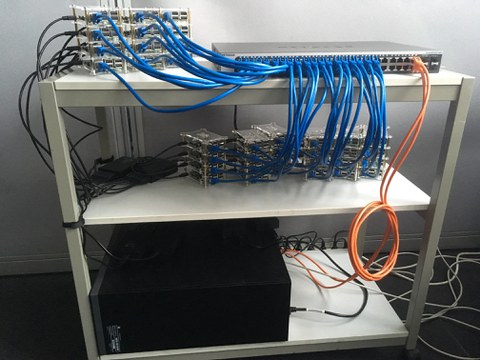
Computing practice for the teaching profession: Markus Wutzler (#MW1)
Teaching staff
Markus Wutzler
Format
Lecture (asynchronous as video streams) with consultations to clarify questions and explain complex issues again, practical in a comprehensive e-learning format with interactive learning tasks, practical assignments and network training via video conference
Keywords
Compulsory course: Computing practice for the teaching profession (computer science), How does the internet work? – understanding, explaining, applying, video streaming & live conferencing: YouTube / BigBlueButton, interactive tasks & self-assessment: OPAL / ONYX, network training: planning, development and configuration of a real network (tandem work, accompanied via video conference, VPN & SSH); learning software Filius
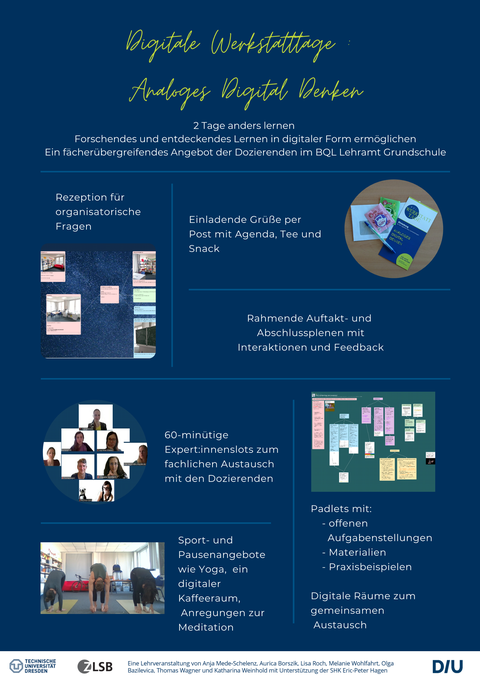
Teilgebundenes Lernangebot für Teilnehmende der BQL Werkstatttage: Peggy Germer (#MW2)
Teaching staff
Peggy Germer
Anja Mede-Schelenz
Aurica Borszik
Katharina Weinhold
Lisa Roch
Melanie Wohlfahrt
Olga Bazilevica
Thomas Wagner
Format
Workshop learning is considered a compromise between open and bound learning concepts. In its openness, it picks up on the heterogeneity in the learning groups. At the same time, in the context of an interdisciplinary course, it can accommodate the diversity of instructors in terms of how they design their courses.
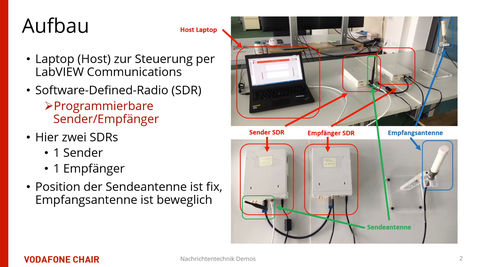
Foundations of telecommunications: Prof. Gerhard Fettweis, Dipl.-Ing. Simon Friedrich (#SF1)
Teaching staff
Prof. Gerhard Fettweis
Dipl.-Ing. Simon Friedrich
Format
- Synchronous online lecture
- Explanatory instructional videos
- Asynchronous exercise videos
- Synchronous online consultation
Keywords
Telecommunications, mobile communications, signal processing, systems of communications transmission
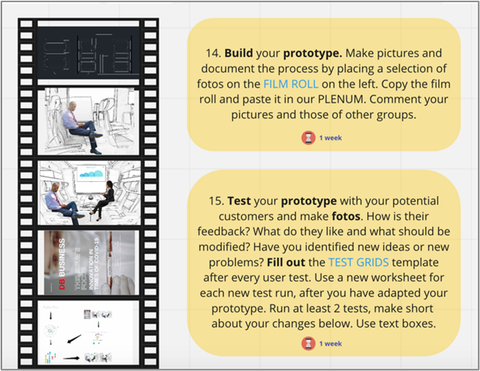
Innovation and product management (IPM): Sarah Müller-Sägebrecht (#SM1)
Teaching staff
Sarah Müller-Sägebrecht, M. Sc.
Prof. Dr. Michael Schefczyk
Format
- Asynchronous lecture every week for knowledge transfer; provision of PDF and MP4 files via OPAL course
- Synchronous 2-day online workshop, in which the entire innovation process was tested on well-known companies; use of Miro and MS Teams
- Individual, synchronous consultations before, during and after the seminar via MS Teams
Keywords
Flipped classroom, business and economics, online collaboration, digital whiteboard, innovation, mock-ups, diversity
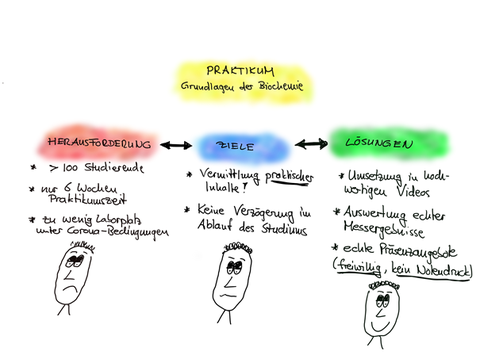
Training on the foundations of biochemistry: Prof. Dr. Tobias Gulder (#TG1)
Teaching staff
Prof. Dr. Tobias Gulder
Dr. Hülya Aldemir
Manuel Einsiedler
Format
- Instructional videos and data exchange via Opal (asynchronous, online)
- On-site interaction via Zoom video conferencing (synchronous, online)
- Optional on-site supplement (on site, no effect on exam)
Keywords
Hybrid training; biochemistry; proteins and enzymes; basic biomolecular laboratory techniques
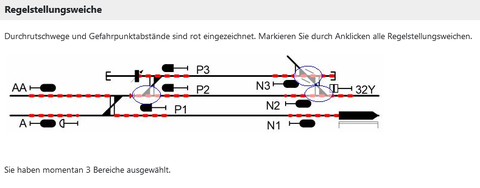
Planning of safety-related systems (PSA21): Dr. Ulrich Maschek (#UM1)
Teaching staff
Dr. Ulrich Maschek
Format
Course with asynchronous lectures, synchronous practicals and synchronous examination
Keywords
Online course, Opal, Onyx, activating methods, engineering

